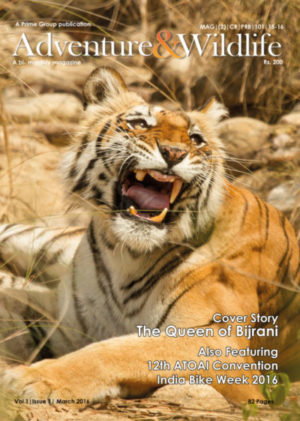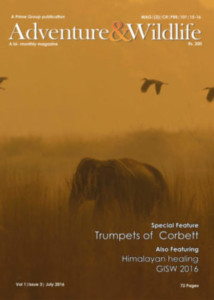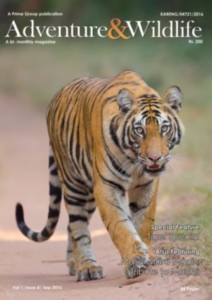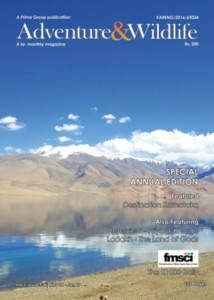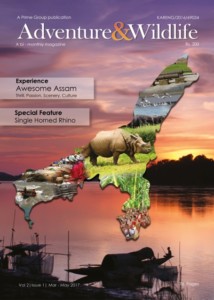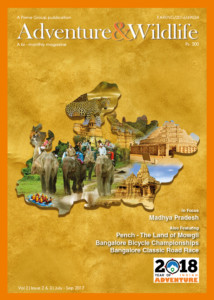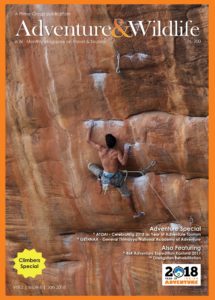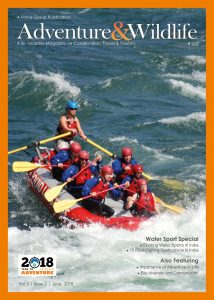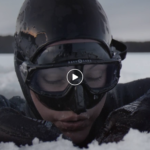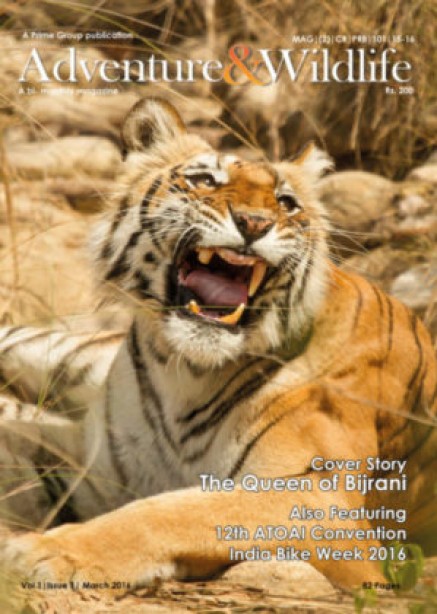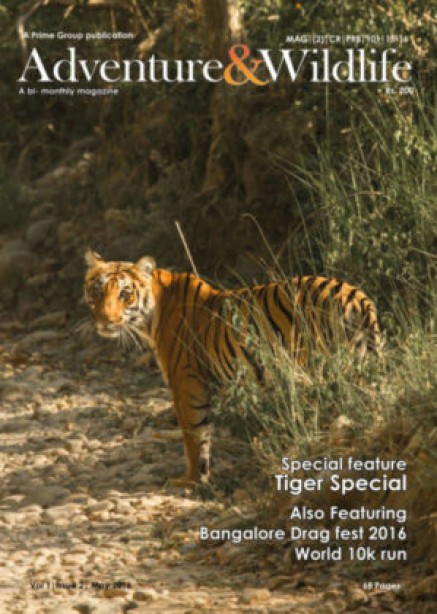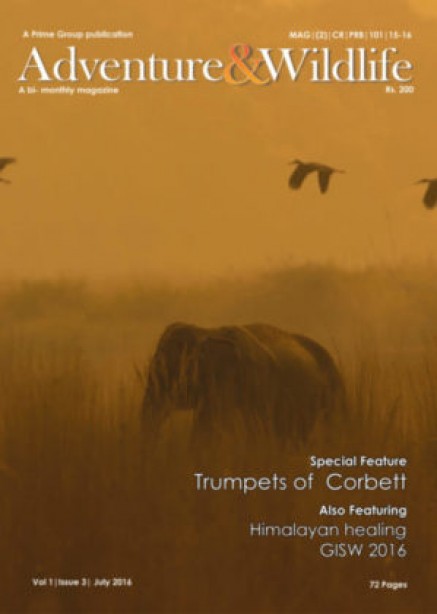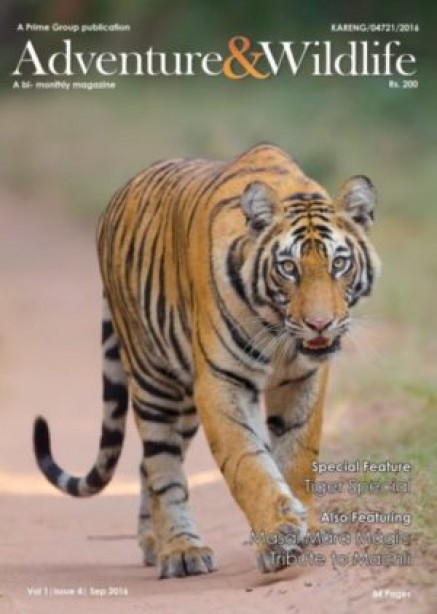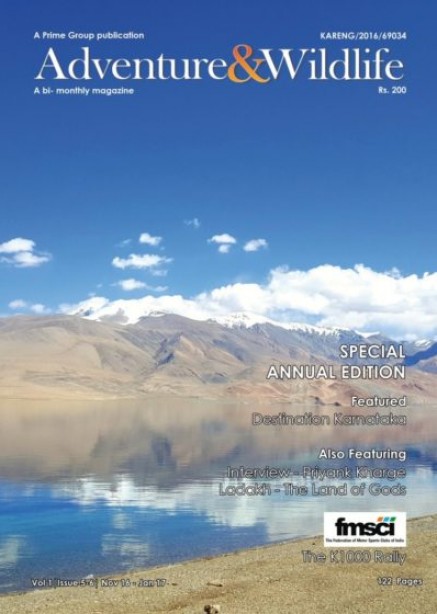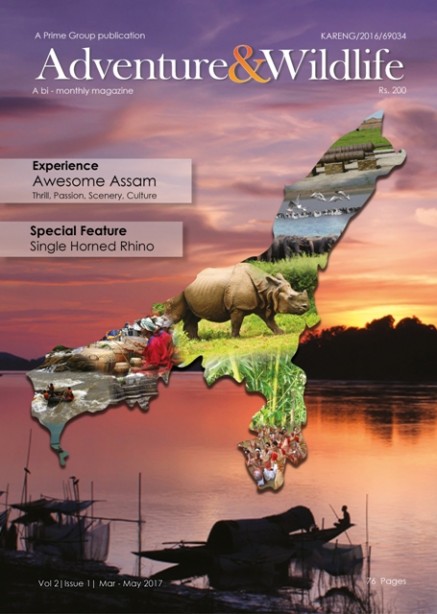
3 rescued orphan rhino calves from Kaziranga get new home in Manas
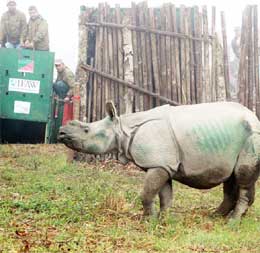
GUWAHATI, Jan 7 – Three female rhino calves that were rescued during the devastating floods that had hit Kaziranga National Park in 2016, and subsequently hand-raised at the Centre for Wildlife Rehabilitation and Conservation (CWRC) – jointly run by Wildlife Trust of India (WTI), International Fund for Animal Welfare (IFAW) and Assam Forest Department – were translocated to Manas National Park yesterday for their eventual rehabilitation into the wild.The calves had set out on their 370-km journey from Kaziranga (CWRC) to Manas last evening, following final health checks by IFAW-WTI veterinarians. They were loaded into individual transportation vehicles, and the convoy of the three vehicles was accompanied by Mobile Veterinary Service (MVS) and Forest Department vehicles.
“The translocation has been successful and the calves are doing well despite their long journey,” said Dr Bhaskar Choudhury, WTI’s Head Veterinarian (North East) and Head of the IFAW-WTI Greater Manas Conservation Project.The calves will be carefully monitored in the boma for a period, and once they are properly acclimatised, released into the wild.“They will be the 11th, 12th and 13th rhinos rehabilitated into Manas by IFAW-WTI. This marks another significant milestone in our efforts to restore the national park to its former glory,” he added.
Travelling at speeds not exceeding 40-50 kmph (given road conditions and winter fog), the convoy arrived at Manas at 5.30 am on Saturday. The rhinos were transferred from the transportation vehicles to a pre-release boma between 7.30 am and 8 am, in the presence of Justice Ajit Singh, Chief Justice of the Gauhati High Court; Assam’s Principal Chief Conservator of Forests & Head of Forest Force B Brahma; Field Director of Manas National Park HK Sarma; other senior forest department officials and the IFAW-WTI team.
The three calves had been rescued from floodwaters in the Haldibari, Deopani and Sildubi areas adjacent to Kaziranga through the efforts of local people, the Forest Department, and CWRC’s Mobile Veterinary Service (MVS) unit in July 2016. Rohini Ballave Saikia, Divisional Forest Officer, Kaziranga National Park said that the translocation of the rhinos would add to the existing rhino gene pool of Manas National Park and also open up more avenues for research on their behaviour in the new landscape.
Source: http://www.assamtribune.com/scripts/detailsnew.asp?id=jan0818/state051

